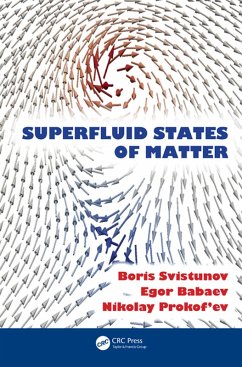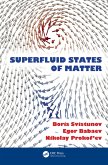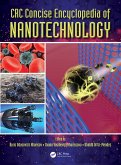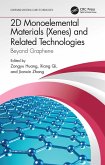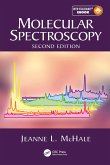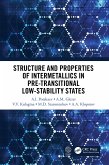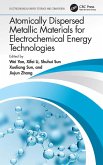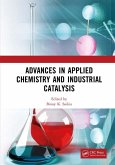Discussing changes over the last two decades, this book represents an up-to-date treatment of superfluidity. It covers new superfluid materials such as high-temperature and multicomponentsuperconductors, ultra-cold atomic bosons and fermions, and helium supersolids. It begins by explaining the general physical principles behind the superfluid phenomenon as a framework for the discussion of realistic systems. The authors present superfluidity as a phenomenon of emergent topological order and show that all superproperties of the system are explained by the appearance of a new constant of motion.
Dieser Download kann aus rechtlichen Gründen nur mit Rechnungsadresse in A, B, BG, CY, CZ, D, DK, EW, E, FIN, F, GR, HR, H, IRL, I, LT, L, LR, M, NL, PL, P, R, S, SLO, SK ausgeliefert werden.

